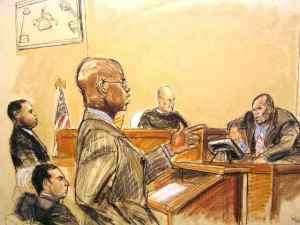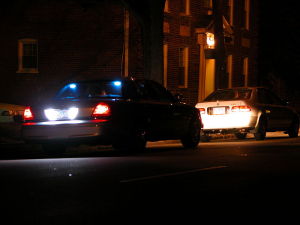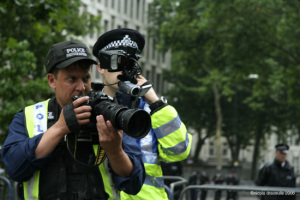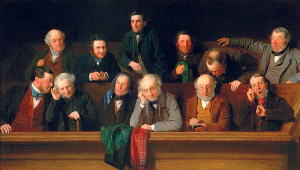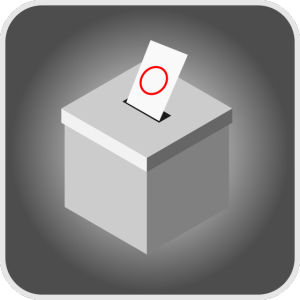J. Bradley Smith of Arnold & Smith, PLLC answers the question “Can I be arrested without evidence against me?”
In a meeting last month, the Santa Clara County, California supervisors voted 4 to 1 to authorize the expenditure of $500,000 on a product they had never seen. They did not know how the product worked, nor were they even sure of its brand name. The supervisors were required to enter into a nondisclosure agreement to even purchase and use the device.
 But they would not be using the rectangular device—“small enough to fit into a suitcase, that intercepts a cellphone signal by acting like a cellphone tower,” according to the New York Times. The Santa Clara County Sheriff—Laurie Smith—would be using the device to track down terrorists and missing persons, she said. She could offer no details on technical specifications to the Times and said she had not seen a product demonstration.
But they would not be using the rectangular device—“small enough to fit into a suitcase, that intercepts a cellphone signal by acting like a cellphone tower,” according to the New York Times. The Santa Clara County Sheriff—Laurie Smith—would be using the device to track down terrorists and missing persons, she said. She could offer no details on technical specifications to the Times and said she had not seen a product demonstration.
Cell-site stimulators—called various names including StingRay or KingFish—capture texts, emails and other data “from all wireless devices in the immediate area” of a device. According to a 2011 Federal Bureau of Investigators affidavit, the device captures data from all devices in an area—even those of bystanders not targeted for investigation. That information is purged, the F.B.I. said, in order to ensure privacy rights, according to the Times.
For now, law-enforcement agencies and their technology suppliers have insisted on a veil of secrecy about the devices, saying disclosure “would let criminals, including terrorists, ‘thwart the use of this technology,’” according to the Times.
 Charlotte Criminal Lawyer Blog
Charlotte Criminal Lawyer Blog


